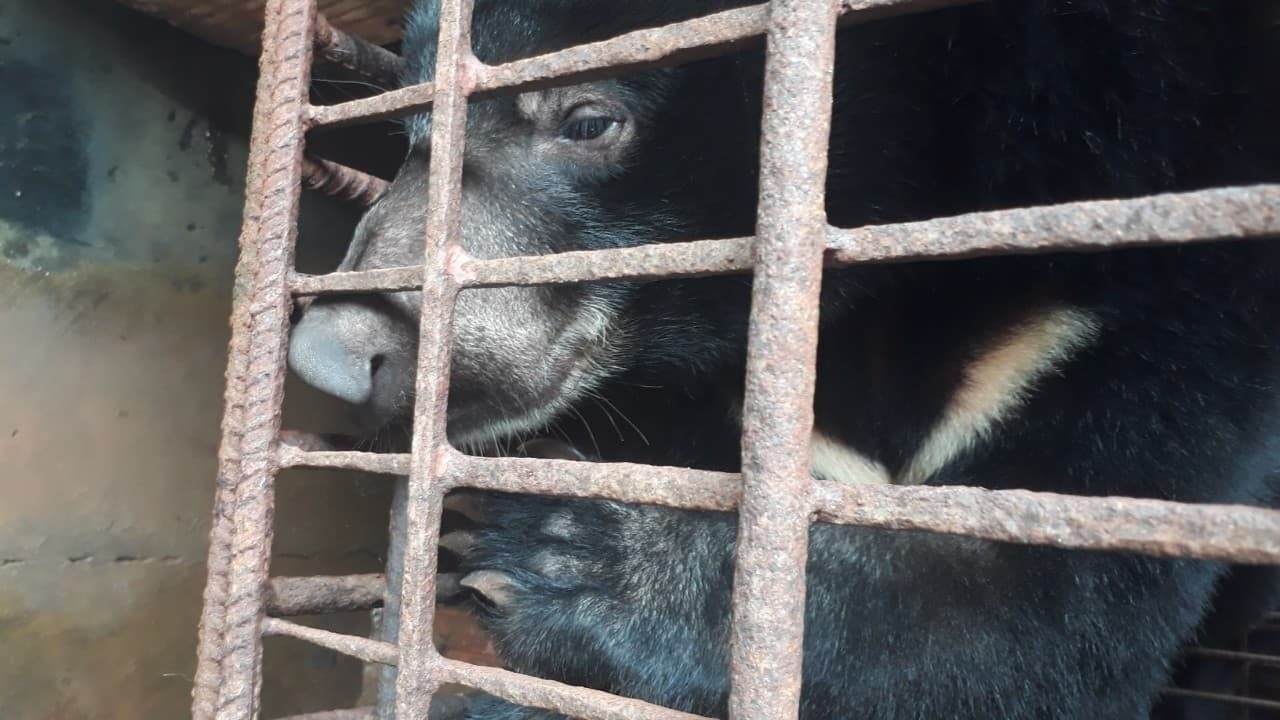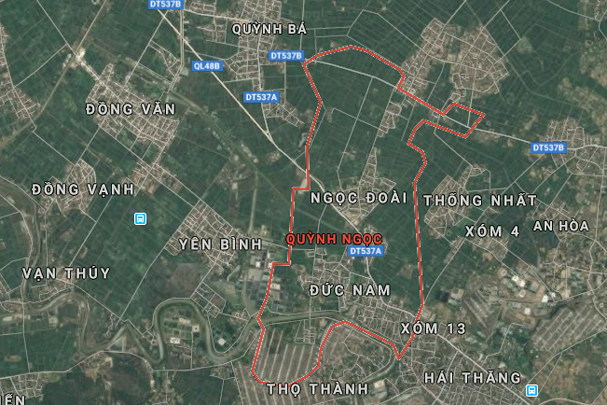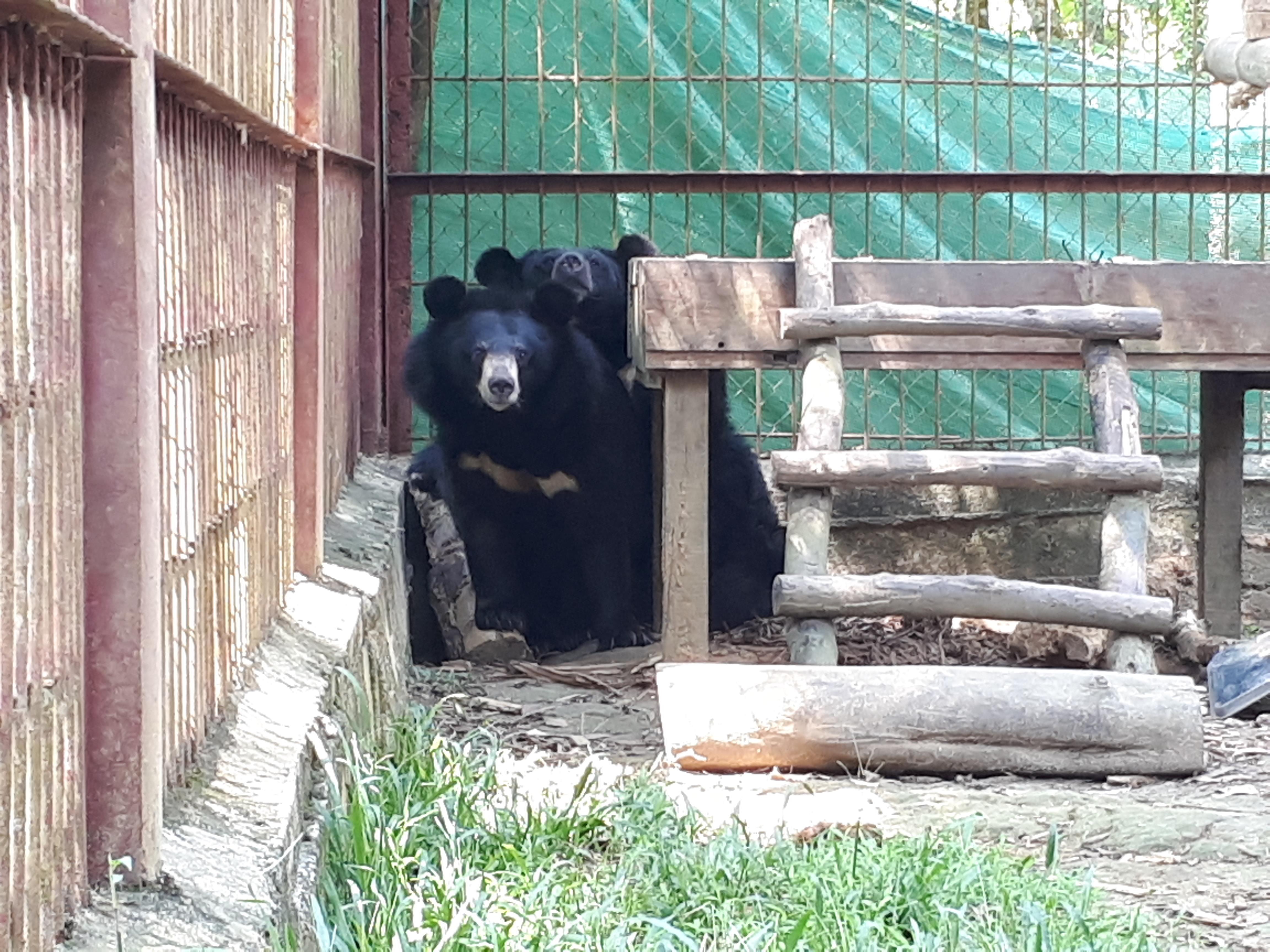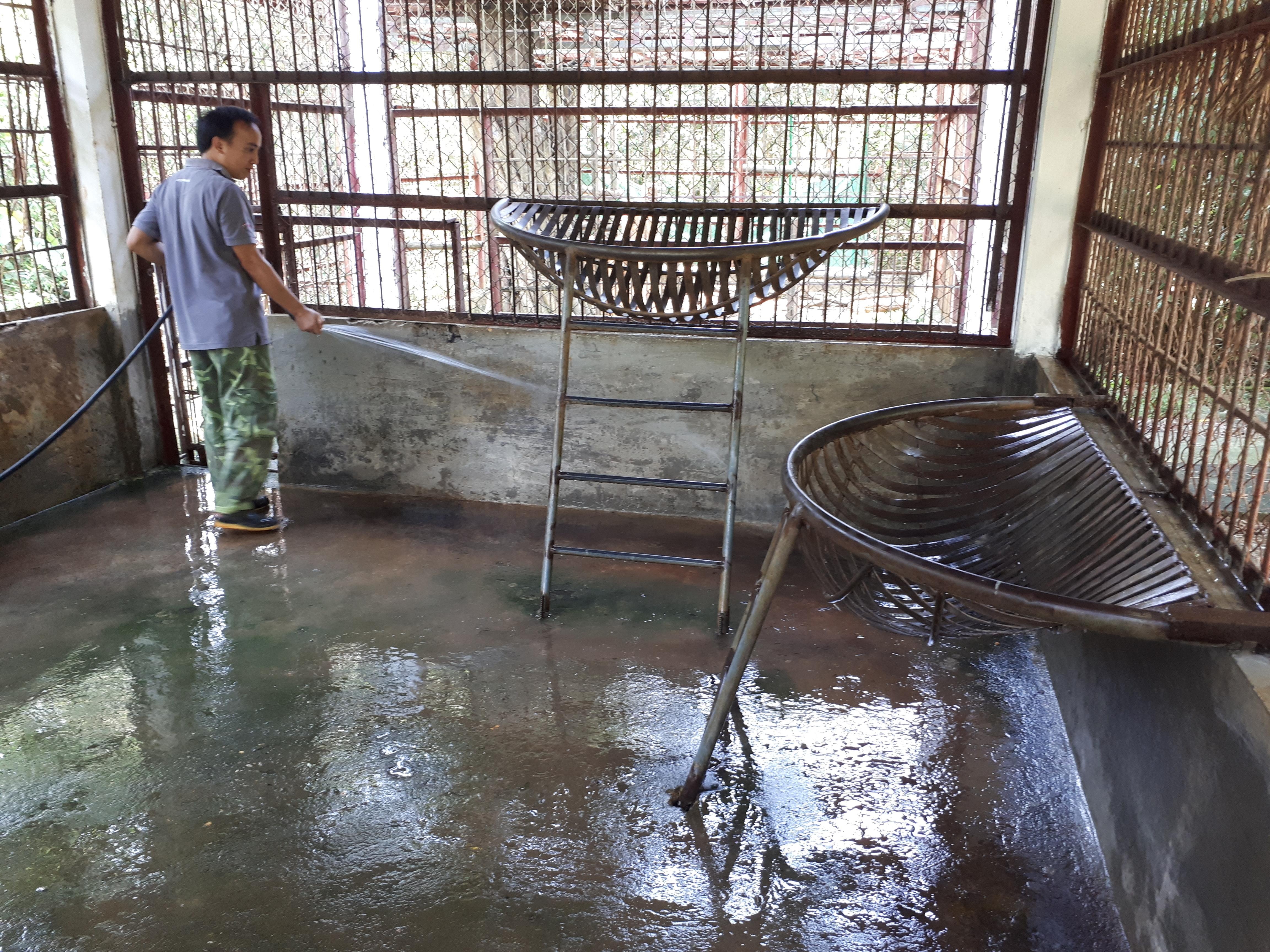End the illegal keeping of bears in captivity.
(Baonghean) - In recent years, the number of households raising endangered and rare wild animals (mainly bears) in the province has decreased. However, in reality, the management and supervision of these animals still reveal some shortcomings and limitations that need to be addressed.
Unchipped captive animals
Quynh Luu was once known as the locality with the strongest movement of raising wild animals for commercial purposes in the province, especially bears. Between 2005 and April 2017, there were 13 households raising bears with 42 individuals in the area. Of these, 37 were male and 5 were female, all of which were Asiatic black bears and had been fitted with electronic chips by the authorities.
Currently, only 4 households remain raising bears with 16 individuals, including 12 males and 4 females. According to Mr. Nguyen Tat Ha, Deputy Head of the Quynh Luu Forest Protection Department, the reason is that since May 2017, 24 bears have died due to old age, weakness, and disease.
 |
| A bear is kept in cramped conditions in Quynh Luu district. Photo: Commander. |
In Yen Thanh district, Mr. Nguyen Viet Khanh, head of the district's Forest Protection Department, said: "While in 2012 there were 4 households raising bears with 11 individuals in the area, now there are only 2 households raising bears with 5 individuals." One household currently raising 3 bears since 2005 in Thi Tu hamlet, Quang Thanh commune, said: "Since 2010, according to regulations, all captive bears must be microchipped for management and monitoring by authorities, and the extraction of bile for commercial purposes is strictly prohibited. So now, the family only raises them... as pets?"
Overall, in recent times, the management of keeping endangered and rare wild animals in general, and bears in particular, in the province has received attention and supervision from all levels of government and relevant agencies. However, this work still reveals some shortcomings and limitations. Some households still do not fully comply with the legal regulations on keeping wild animals, and in particular, there are still cases of keeping bears in captivity without registration or microchips...
 |
| Quynh Ngoc commune, where a family currently keeps 9 bears. Photo: Google Maps |
According to the bear keeper, he transported six bears from Quynh Yen commune (where he had registered with the competent authority to keep bears) to Quynh Ngoc commune, and three bears were newly purchased on April 2, 2019, and had not yet been microchipped.
According to the Forest Protection Department, the province currently has 23 farms and facilities for breeding and raising endangered, rare, and precious wild animals, with 1,673 licensed individuals. Of these, 12 farms and facilities are dedicated to bear breeding, with 57 individuals, including 55 Asiatic black bears and 2 sun bears.
According to the law, keeping bears in captivity without registration or microchips is a violation of the law.
Tighten management
According to Mr. Nguyen Tat Ha, Deputy Head of the Quynh Luu Forest Ranger Station: Local forest rangers mostly conduct simple checks on the number of bears as registered, because although bears have been fitted with electronic chips, the unit does not have the equipment to read the chips. During cleaning the cages, there is often disruption, making it very difficult to determine which bear has which chip, whether the owner has moved the bear, or whether new bears have been added.
According to Mr. Ha, the chips are attached by the Forestry Department, and inspections were previously conducted by the Department, but now each sub-department is only equipped with one, and even if the district wants to use one, they have to request to borrow it.
 |
| Two sun bears were rescued and are being cared for at the Wildlife Rescue Center of Pù Mát National Park. (Photo: Archival image) |
Meanwhile, Mr. Nguyen Viet Khanh, head of the Forest Protection Department of Yen Thanh district, said that the bear enclosures are located within the premises of households, and families are often away working, making inspections difficult. Not to mention, the enclosures are cramped, and the process of caring for and feeding the bears to help them cope with the climate inside the enclosures and avoid disease is quite laborious.
However, in reality, despite the campaigning and persuasion efforts, no household has voluntarily handed over bears to the Vietnam Wildlife Conservation Center. Only when a bear dies do households report it to the authorities for investigation, determination of the cause, and handling in accordance with Decision No. 95/2008/QD-BNN dated August 29, 2008, of the Ministry of Agriculture and Rural Development on the promulgation of regulations on the management of captive bears.
According to some forest rangers and local officials, most households claim they "keep bears as pets," "treat them as family members," and no longer extract bile as before, but in reality, it is very difficult to monitor this issue.
 |
| Staff at the Pù Mát National Park Wildlife Rescue Center clean the bear enclosure. Photo: Trần Xuân Cường. |
To address these shortcomings and existing problems, Mr. Le Dai Thang, Deputy Head of the Forest Management and Nature Conservation Department (Provincial Forest Protection Department), stated: In order to strengthen the management and inspection of the keeping of wild animals (mainly bears), the Provincial Forest Protection Department directs the Forest Protection Stations to regularly coordinate with local departments and organizations to widely disseminate laws on the management and protection of wild animals.
Strengthen inspection and management activities in the area, and strictly handle organizations and individuals that advertise, breed, trade, or use products and specimens of wild animals, including bears, in violation of the law.
Regarding the recent illegal bear captivity in Quynh Luu district, following the direction of the Provincial People's Committee, the authorities will initially coordinate with local governments to raise awareness and encourage the bear owners to voluntarily hand over the bears to the Vietnam Wildlife Conservation Center for continued care and nurturing in accordance with the law. Based on this, they will resolutely prevent and prosecute those who engage in the illegal keeping of bears without legal documentation.
Local authorities need to raise awareness and encourage bear owners to voluntarily hand over their bears to the Vietnam Wildlife Conservation Center for continued care and nurturing in accordance with the law.
Based on this, it is necessary to continue to raise awareness and encourage people to comply with legal regulations on bear captivity, disseminate legal regulations prohibiting the trading and keeping of bears in captivity; and regularly inspect and update the number of bears kept in captivity in the area to detect and strictly handle illegal bear captivity.
Furthermore, we must resolutely prevent and prosecute those who keep bears without legal documentation, ensuring that the number of captive bears does not increase and ultimately leading to the complete cessation of illegal bear keeping.
However, to achieve this goal, in addition to the role of functional agencies and local authorities, it requires the joint efforts of the people themselves in detecting and reporting illegal wildlife trafficking and captivity, as well as resolutely saying no to the use of products and specimens of wild animals, including bears.
According to Decision No. 02/2005/QD-BNN dated January 5, 2005, of the Minister of Agriculture and Rural Development, regulating the management of captive bears, all organizations, households, and individuals raising bears are responsible for registering, marking with electronic devices (chips), and creating management records at the provincial Forest Protection Department or at the Department of Agriculture and Rural Development in provinces without a Forest Protection Department.
Depending on the severity and the seized items, violations related to bears may be subject to criminal prosecution with a maximum fine of 2 billion VND or imprisonment for 15 years (Article 244, Penal Code 2015 - amended and supplemented in 2017, effective from January 1, 2018).
